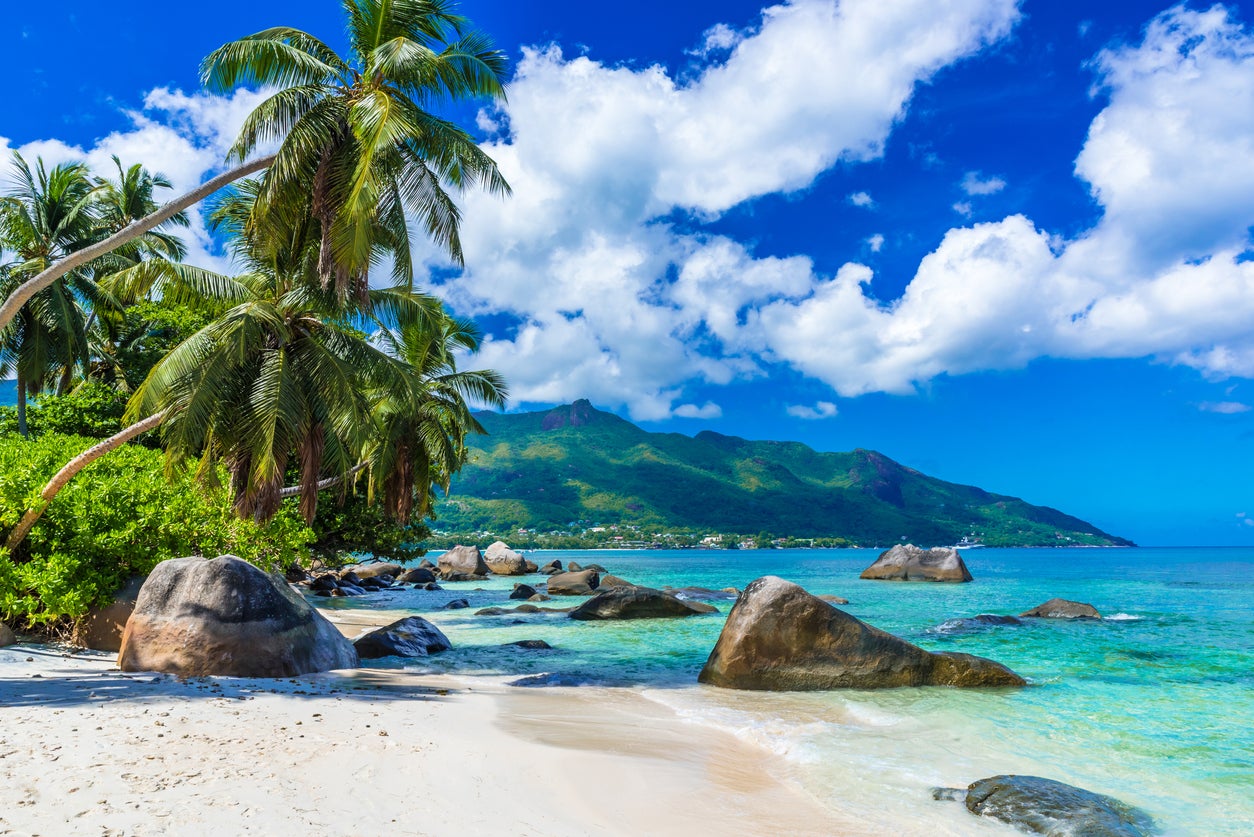Could the Seychelles show the flightpath to the future?
How to get people flying again? That is the huge challenge facing airlines around the world.
“New state restrictions” were blamed for the latest slump in aviation by Eamonn Brennan, the director general of Eurocontrol. The Brussels-based organisation that coordinates air traffic across Europe, has revealed that, last Monday, no big European country had as many as half the flights compared with the corresponding day in 2019.
Even more alarming (especially if your business is controlling air traffic) was the collapse in flights since the start of the year. Of all the continent’s major airports, only Milan Linate saw as many services last Sunday as it had two weeks earlier.
Berlin Brandenburg, Geneva and Malaga have lost more than half their flights in the past fortnight.
Those restrictions are increasing in breadth and depth.
On Monday, the United Kingdom brought in its toughest ever peacetime rules for arriving travellers, requiring them to have a Covid test before boarding a plane to the UK and to self-isolate for up to 10 days upon arrival.
Then Joe Biden’s team said they would bolster restrictions for visitors to the US as soon as the president-elect is inaugurated.
INDY/GO Weekly Newsletter
TIME TO TRAVEL!
Read our full mailing list consent terms here
INDY/GO Weekly Newsletter
TIME TO TRAVEL!
Read our full mailing list consent terms here
No wonder the media team at the International Air Transport Association (Iata) has been busy, heightening the need for “a common digital European Covid-19 vaccination certificate that would enable those who are vaccinated to travel freely within Europe without Covid-19 testing”.
Read more
Iata is also promoting its Travel Pass, which it describes as “a mobile app to help passengers easily and securely manage their travel in line with government requirements for Covid-19 tests or vaccines”.
Both Emirates and Etihad of the UAE, dependent on global travel for their survival, are signed up for the scheme. But it is hamstrung by the continuing failure of governments to agree on a framework, as they (understandably) put the welfare of their citizens ahead of cunning plans to liberalise travel.
Yet a fairly low-key announcement from the Seychelles points to a more realistic prospect of how nations may come to terms with opening up with minimum risk.
The government of the Indian Ocean archipelago now allows travellers to provide proof of coronavirus immunisation as an alternative to quarantine. But this welcome development will be but a brief interlude before something even more significant: opening the borders because the population has been protected.
By mid-March, the Seychelles hopes to have at least 70 per cent of its adult population vaccinated. That is the point at which the islands’ government will relax all restrictions apart from the need to have a pre-travel test, which today is a given for almost everywhere.
The international airport, Mahe, has proved reasonably resilient in keeping flights going: Emirates, Qatar Airways and Ethiopian Airlines, a formidable trio, are all flying in and out. The trouble is: many of those seats are unoccupied.
So the Commonwealth country is acting unilaterally to spur an economy that contracted by one-sixth last year. No doubt other tourism-dependent nations with advanced vaccination programmes will follow suit – ideally places which are within easier financial reach of British travellers.
Airlines and the wider travel industry will doubtless find this approach annoyingly piecemeal. But I am sure they will appreciate any signs of life while the rest of the world is proving sluggish.
Welcome news, too, that Emirates and Singapore Airlines are among the airlines racing to immunise their employees.
The main aim, understandably, is to protect cabin crew and other frontline staff against coronavirus, but vaccinations may also help to ease the onboard regime and reduce anxiety among prospective travellers.
Aviation in 2021 will still prove dismal for the staff who work in the industry and those of us who appreciate the possibilities it unlocks. Yet at least there is some sunlight on the horizon.
Source: Read Full Article






